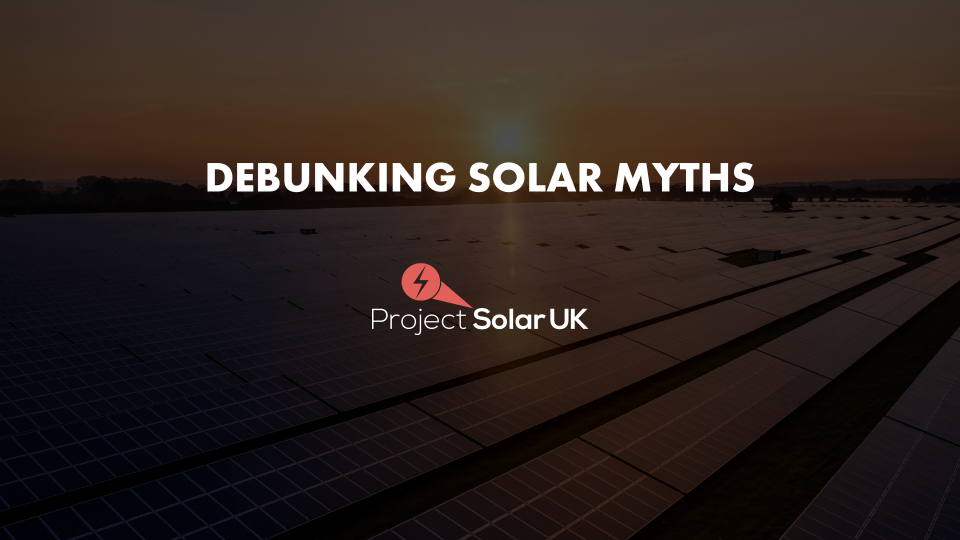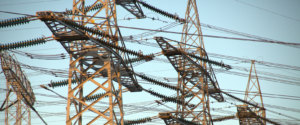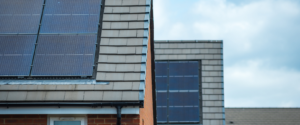With climate change and the cost of living crisis impacting most of our lives,solar panelshave emerged as a promising solution to source energy whilst reducing our carbon footprints. Despite its growing popularity, our research has found that there are still many misconceptions surrounding solar energy. With years of solar data collection under our belts, we’re here to myth-bust the most common solar misunderstandings to help you separate fact from fiction.
Method
To understand if there was a change in knowledge, we first compared survey data from 1,000 participants collected between 2020 and 2024. To further support our research, we also used Google Keywords Planner to analyse the number of monthly searches around questions about solar panels.
Let’s take a look at the most-asked questions and compare them with our survey results:
-
Will solar panels work in winter?
Come rain or shine, solar panels can collect and convert solar energy throughout all the seasons. With search volumes peaking during the winter months in 2022 and again during winter 2024, it’s clear that UK residents are considering solar, but fear that it might be less effective with the limited amount of sun that the UK enjoys.
Our survey results found that there was a slight increase between 2021 and 2024 in the number of people who believed that solar energy could only be produced during the summer months. In 2021, 33.2% either believed it or were not sure when asked. Fortunately, this statistic dropped right down to only 20.7% in 2024.
Similarly, another frequently Googled question is whether solar panels need direct sunlight to collect and store energy. Reassuringly, when we surveyed this question, the results were very low, with only 13.8% of individuals in 2021 believing this was the case. Unfortunately, this rose to 16.10% of participants in 2023. Our mission is to share that even when it’s overcast, your panels can still store and save solar energy.
-
Is solar energy expensive?
This particular question has been asked a number of times over a three-year period between 2021 and 2024. However, over the years it has seen a decline in the number of times it has been asked annually – likely due to the availability of installers to provide quicker quotes.
In 2024 our survey results found that 63.5% of participants would consider installing solar panels if finance options were available. When you get a quote for solar panel installation, you’ll see there are a number of variables that affect the cost – this includes the number of panels you’ll need, the position of your roof and the ease of the installation process. Often, these costs can deter the public from installing solar – but they don’t need to! Solar panels have never been more affordable.
The myth we’re going to bust here is that the solar panel installation costs must be paid upfront. With companies such as Project Solar offering finance options to help your pocket and green energy needs, you can spread the cost of your investment whilst saving money on your energy bills.
-
How green is solar energy?
This question has been consistently asked over the past 3 years, dropping only twice in 2021 and once in 2023. If you’re wondering too, solar energy is very environmentally friendly. It produces no air pollution or greenhouse gases when operating.
The number of times this question has been asked is positive because it indicates that the UK public is curious about lowering their environmental impact.
Our survey results from 2024 revealed that an impressive 37.7% of participants admitted that they would consider installing solar panels to help tackle climate change.
-
Is solar energy renewable?
Speaking of green energy, one of the most commonly asked questions between 2020 and 2024 is whether solar energy is renewable or not. Reaching up to 1,900 searches in January 2021 with an average of about 600 searches per month over the last four years, we can infer that people want to know the truth about the impact of solar energy on the environment before investing in it.
Not only is solar energy renewable, butit’s also cheaper than fossil fuels, contrary to what 15.9% of our surveyors believed. Since renewable energy doesn’t require fuel to burn, unlike fossil fuel generators, it costs less to operate. In addition, renewable energy sources don’t require carbon pricing, which is the cost that the public usually has to pay for damages towards crops, healthcare costs and loss of property from flooding, which greenhouse gases contribute towards.
-
Can solar power be stored?
With Google interest peaking in 2022, many people were unsure of how solar energy could be used, how long it lasts and whether it could be stored.
After surveying our participants, we found that this question came with a new range of misconceptions. For example, in 2021, 7.5% of people believed that you could only store solar energy in the desert and 11.1% thought it could only be stored in 20+ degree heat. Surprisingly, this increased to 10.7% and 11.6% retrospectively in 2023.
The truth is, you can store solar energy whether the panels are in the rainy UK or the sunny Sahara, and it doesn’t matter what temperature it’s stored in either. You can evensell your energy back to the gridor store solar power in Project Solar batteries for later use.
Why these results matter
Not only is the UK suffering from the cost of living crisis, but it’s also under great stress to combat climate change. With targets to hit net zero emissions by 2050, the UK public must play their part to achieve this where possible. We want to separate misconceptions from the truth so you can make a well-informed decision when investing in solar energy. Whilst the data collected shows that many misconceptions need to be debunked, we’re here to keep you knowledgeable about the true power, impact and cost of solar energy.From saving money on the rapidly increasing energy bills to protecting the planet, there are plenty of benefits of using solar energy. Now that you know how effective solar panels could be for you,get in touchwith us today to get your quote.



